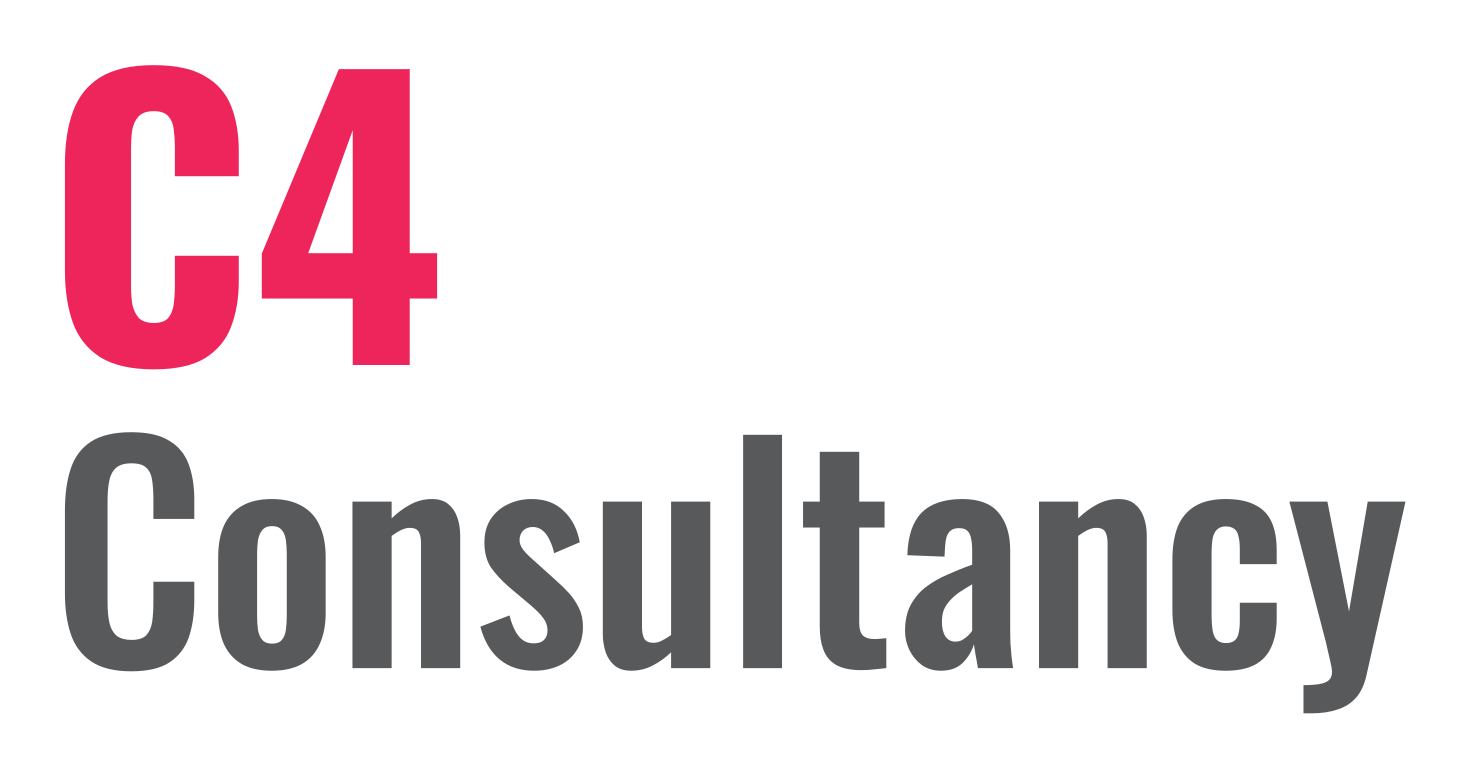Leadership in healthcare requires a unique blend of clinical knowledge and emotional intelligence. However, the more clinical knowledge a leader has, the easier it can be to get caught in the knowledge trap. The knowledge trap refers to the tendency to focus solely on clinical outcomes, rather than developing the skills to motivate and lead others.
The Knowledge Trap: Navigating Clinical Knowledge and Emotional Intelligence in Leadership
Clinical leaders must understand that their role extends beyond their clinical expertise. It’s not enough to just know what to do; you must also know how to get other people to do it (Chapter 2 in Transformational Nurse Identities). In this article, we’ll explore a model of emotional intelligence that can help clinical leaders navigate the knowledge trap.
The emotional intelligence model consists of two halves: self and others. The self half focuses on self-awareness, self-regulation, and motivation. The other half focuses on social awareness and relationship management.
Self-Awareness: Knowing Yourself
The first step in developing emotional intelligence is self-awareness. Self-awareness involves understanding your own emotions, thoughts, and energy levels. It also involves being aware of your strengths and weaknesses as a leader.
Self-Regulation: Controlling Yourself
The second step in developing emotional intelligence is self-regulation. Self-regulation involves controlling your emotions, thoughts, and energy levels. It’s about being able to manage your reactions to different situations and regulate your behavior accordingly.
Motivation: Energizing Yourself
The third step in developing emotional intelligence is motivation. Motivation involves energizing yourself to take action. It’s about setting goals, staying focused, and pushing through challenges.
Social Awareness: Understanding Others
The other half of the emotional intelligence model is social awareness. Social awareness involves understanding other people’s emotions, thoughts, and energy levels. It’s about being able to pick up on social cues and respond in a meaningful way.
Relationship Management: Connecting with Others
The final step in developing emotional intelligence is relationship management. Relationship management involves building strong relationships with others. It’s about communicating effectively, resolving conflicts, and working collaboratively.
Applying the Model to Leadership
To apply the emotional intelligence model to leadership, it’s important to focus on both self and others. Clinical leaders must be able to motivate themselves, regulate their own behavior, and be aware of their own emotions and energy levels. They must also be able to pick up on social cues, respond in a meaningful way, and build strong relationships with their team.
The key to successfully navigating the knowledge trap is to focus on the social awareness and relationship management parts of the model. It’s not enough to just know what to do clinically; you must also be able to communicate effectively, provide timely feedback, and resolve conflicts.
By developing emotional intelligence skills, clinical leaders can become more effective at motivating and leading their team. They can leave situations better than before and positively impact patient care outcomes. As a clinical leader, don’t get caught in the knowledge trap. Focus on developing your emotional intelligence skills to become the best leader you can be.
Effective leadership in healthcare requires a blend of clinical knowledge and emotional intelligence. Valuing and respecting team members, managing emotions, and understanding triggers are crucial to becoming a successful leader.
Do you know your stress triggers (self-awareness) and do you have a plan to deal with them (self-regulation)? It might be easy to say yes to this (and I know as I have asked many people) but could you list your triggers and then know and then enact your plan?
Do you regularly look for signs of stress in your team (social awareness) and then do something about it? This is usually where nurses get let down. They can see the problem but don’t know how to leave the situation better than they found it.
Often nurses leaders think they don’t have time to develop themselves or their team leaders. That means you need it more. When your team are stressed is when more complaints occur. People may not be their best selves.
Let me know when you are ready.
Check out my socials: LinkedIn, YouTube
Email me: michelle@c4consultancy.com.au
